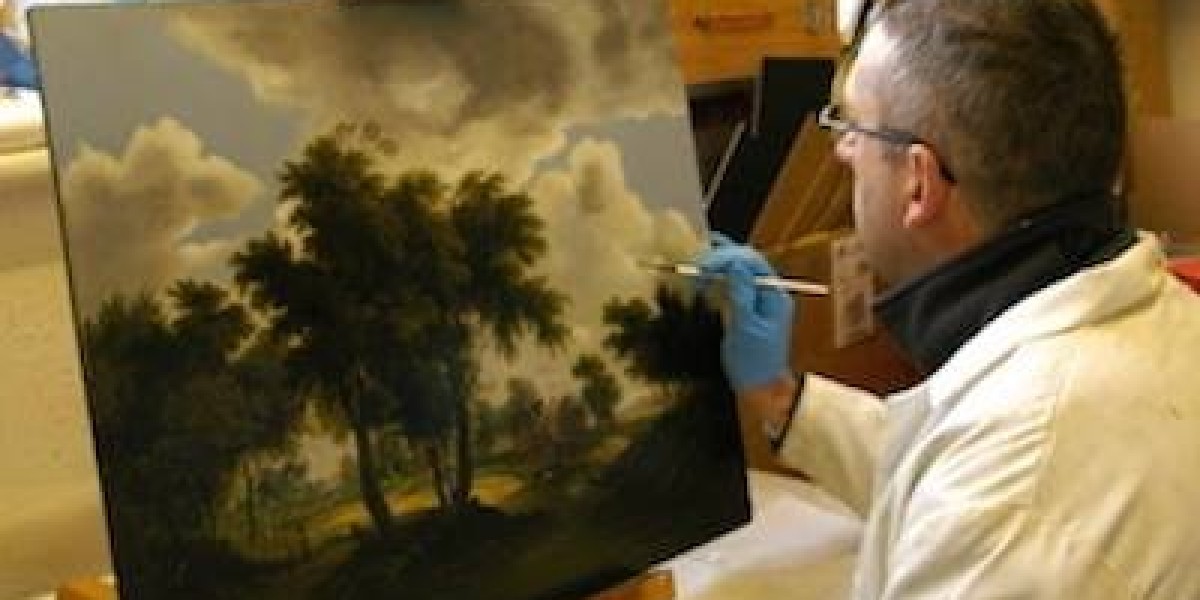Oil painting restoration is a delicate and intricate process that requires a deep understanding of both art and science. The Original Artwork Store has dedicated itself to the preservation and restoration of oil paintings, ensuring that these beautiful pieces of art can be enjoyed for generations to come. This article explores the various aspects of oil painting restoration and the significance of this art form.
Understanding Oil Painting Restoration
Oil painting restoration involves the careful cleaning, repairing, and preserving of oil paintings. Over time, paintings can suffer from various forms of damage, including dirt accumulation, fading colors, and even physical tears. Restoration aims to return the artwork to its original beauty while maintaining its historical integrity. The process requires skilled professionals who are trained in art conservation techniques.
The Importance of Preservation
Preserving oil paintings is crucial for maintaining cultural heritage. Many oil paintings hold significant historical value and represent the artistic styles of their time. By restoring these artworks, The Original Artwork Store helps to keep the stories and emotions behind each piece alive. Preservation also allows future generations to appreciate the craftsmanship and creativity of past artists.
The Restoration Process
The restoration process begins with a thorough assessment of the painting's condition. Conservators examine the artwork for any signs of damage, such as cracks, flaking paint, or discoloration. Once the assessment is complete, a detailed plan is created to address the specific issues. This may involve cleaning the surface, repairing tears, or even reapplying lost paint in a way that blends seamlessly with the original work.
Cleaning Techniques
Cleaning is one of the most critical steps in oil painting restoration. Dust and grime can accumulate on the surface of a painting, dulling its colors and details. Conservators use specialized cleaning solutions and techniques to gently remove these layers without damaging the underlying paint. This process requires a steady hand and a keen eye to ensure that the artwork is not harmed during cleaning.
Repairing Damage
In cases where the painting has suffered physical damage, such as tears or punctures, skilled conservators employ various repair techniques. This may involve using Japanese tissue paper to mend tears or filling in missing areas with compatible materials. The goal is to restore the painting's structural integrity while ensuring that any repairs are discreet and do not detract from the overall appearance.
Repainting and Inpainting
In some instances, the original paint may have faded or been lost over time. Conservators may use a technique called inpainting to recreate these missing areas. This involves carefully matching the colors and textures of the original paint to seamlessly blend the new work with the existing artwork. Inpainting requires a high level of artistic skill and an understanding of the original artist's techniques.

The Role of Technology
Advancements in technology have greatly enhanced the field of oil painting restoration. High-resolution imaging and digital analysis allow conservators to assess the condition of paintings more accurately. Additionally, modern cleaning solutions and materials have improved the efficiency and effectiveness of restoration techniques. The Original Artwork Store embraces these technological advancements to provide the best possible care for oil paintings.
Ethical Considerations
Restoration work comes with ethical considerations. Conservators must balance the need for restoration with the importance of preserving the original artwork. It is essential to maintain transparency with clients about the methods used and the extent of the restoration. The goal is to enhance the painting's appearance while respecting its historical significance.
Client Involvement
At The Original Artwork Store, client involvement is encouraged throughout the restoration process. Clients are often invited to discuss their expectations and preferences, ensuring that the final result aligns with their vision. This collaborative approach fosters a sense of trust and satisfaction, as clients can see the transformation of their cherished artworks.
Conclusion
Oil painting restoration is an art form in itself, requiring a blend of technical skill, artistic sensibility, and a deep appreciation for history. The Original Artwork Store stands at the forefront of this field, dedicated to reviving and preserving oil paintings for future generations. Through their meticulous restoration processes, they ensure that the beauty and significance of these artworks continue to shine brightly



